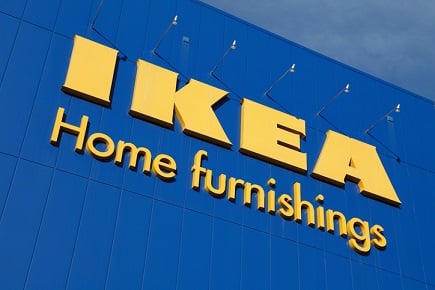
IKEA’s Australian HR head talks about the changing landscape of work and how HR can respond

The landscape of work has changed very much in recent times and will continue to do so even more rapidly, according to Richard Harries, country HR manager, IKEA Australia.
“We are already hiring for jobs that didn’t exist 10 years ago,” said Harries.
“Increasing demands for transparency, unparalleled societal change, political and economic uncertainty, technology and an ageing workforce will see that the future of work will be completely different from today.”
Harries’ comments come amid new research carried out by IKEA which revealed that 70% of Australians do not know or do not have a clear view of what the future of work will look like or how it will change in Australia.
It was also found that Australia is divided when it comes to our workplaces and how they are preparing us for the future. Indeed, 45% Australians do not believe their current workplace is setting them up for a relevant career in the future, while 7% of people are unsure.
Moreover, the study also revealed that the primary concern among Australians was the impact of automation and technology and how this may result in future job loss.
“We will not only see jobs change but also careers, skills, ways of working, processes, learning and development,” said Harries.
“We acknowledge that some tasks performed by people today may be replaced by technology, but we want to challenge negative perceptions around the impact of automation and technology and how this will affect people’s jobs.
“We want to see automation and technology used to streamline business and simplify the way things are done.”
He added that while this will change workplaces, work types and workers, these technological advancements will ultimately give people the freedom to be curious, to innovate, to create, and to realise their full potential.
“With many Australians stating that they don’t believe their current role or workplace is setting them up adequately for the future, we will create future careers driven by people, for people, supported and enabled by technology," said Harries.
"In an equitable, truly diverse workforce – we will shape technology around people, not the other way around”.